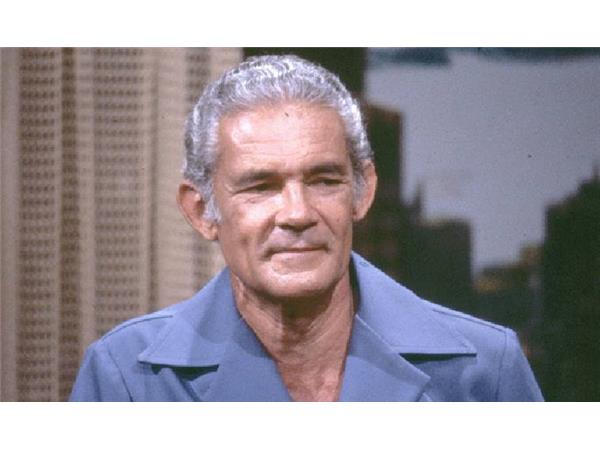Michael Manley, Jamaica’s fourth Prime Minister, was a towering figure in Caribbean politics. Serving as the leader of the People’s National Party (PNP) and holding office from 1972 to 1980, and again from 1989 to 1992, Manley is best remembered for his progressive social reform policies. His tenure was marked by efforts to address economic inequality, expand workers’ rights, and promote self-reliance among Jamaicans. Though his policies were often polarizing, they left a lasting impact on the country’s social and economic landscape.
Champion of the Working Class
From the outset of his leadership, Manley positioned himself as an advocate for the working class. He sought to empower laborers by increasing wages, improving labor conditions, and strengthening trade unions. His administration introduced measures such as:
- The Minimum Wage Act (1975): Established a national minimum wage, ensuring that low-income workers received fair compensation.
- The Employment Act: Strengthened labor protections and gave workers greater bargaining power against exploitative employers.
- Expansion of Trade Unions: Manley worked closely with the National Workers’ Union (NWU) to secure better wages and benefits for workers.
These initiatives were part of his broader socialist vision, which aimed to reduce Jamaica’s stark economic disparities.
Education and Social Welfare Expansion
One of Manley’s most ambitious reforms was in education. His administration introduced:
- Free Education Policy: Tuition-free education from primary school through university, allowing more students—especially from working-class backgrounds—to access higher education.
- National Literacy Program: Aimed at reducing illiteracy rates, this initiative helped thousands of Jamaicans gain essential reading and writing skills.
His focus on education was rooted in his belief that knowledge was the key to breaking the cycle of poverty and empowering the nation’s youth.
Additionally, Manley’s government expanded social welfare programs, including free healthcare and subsidized housing. His commitment to social justice resonated with many Jamaicans who had long been marginalized.
Land Reform and Economic Self-Reliance
Manley also tackled land ownership issues, seeking to address the historical disparities that left many rural Jamaicans without access to land. His government launched:
- The Land Lease Program: Provided landless farmers with plots to cultivate, promoting self-sufficiency and food security.
- National Housing Trust (NHT) (1976): Aimed at increasing homeownership among low- and middle-income families by providing affordable mortgages.
To reduce Jamaica’s dependence on foreign aid and imports, Manley championed the idea of self-reliance through the “Democratic Socialism” movement. This included trade partnerships with non-traditional allies such as Cuba and the Soviet Union, which attracted controversy, especially from the United States.
Challenges and Controversies
Despite his well-intentioned policies, Manley’s tenure was marked by economic turbulence. His socialist policies, combined with the global oil crisis of the 1970s, led to inflation, increased debt, and economic decline. Foreign investors grew wary, and relations with Western nations—particularly the United States—became strained.
Additionally, political violence between the PNP and the opposition Jamaica Labour Party (JLP) escalated, contributing to social unrest. These factors ultimately led to his defeat in the 1980 general election.
Legacy of Reform
Though his policies faced criticism, many of Manley’s social reforms have had a lasting impact on Jamaica. The National Housing Trust continues to provide affordable housing, and his emphasis on education reshaped opportunities for many Jamaicans. His vision of a more equitable society, though economically challenging, still inspires discussions about social justice and development in the Caribbean.
Michael Manley remains one of Jamaica’s most influential leaders—a champion of the working class whose reforms sought to uplift the nation. While his policies were not without flaws, his commitment to social progress cemented his place in history as a leader who dared to challenge the status quo.


